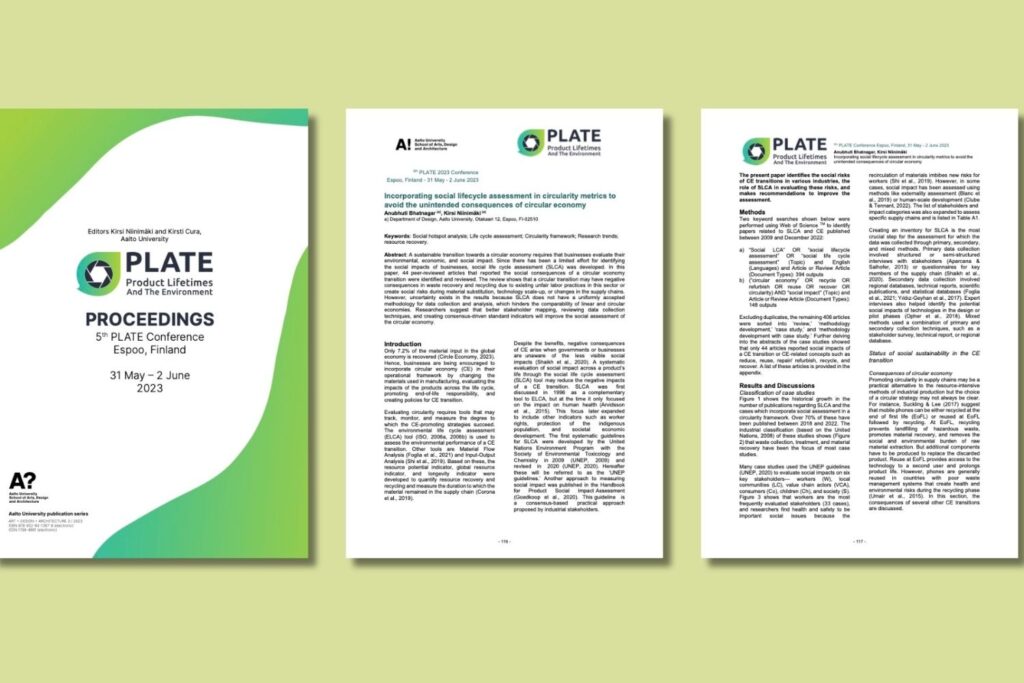
Abstract:
A sustainable transition towards a circular economy requires that businesses evaluate their environmental, economic, and social impact. Since there has been a limited effort for identifying the social impacts of businesses, social life cycle assessment (SLCA) was developed. In this paper, 44 peer-reviewed articles that reported the social consequences of a circular economy transition were identified and reviewed. The review shows that a circular transition may have negative consequences in waste recovery and recycling due to existing unfair labor practices in this sector or create social risks during material substitution, technology scale-up, or changes in the supply chains. However, uncertainty exists in the results because SLCA does not have a uniformly accepted methodology for data collection and analysis, which hinders the comparability of linear and circular economies. Researchers suggest that better stakeholder mapping, reviewing data collection techniques, and creating consensus-driven standard indicators will improve the social assessment of the circular economy.
Incorporating social lifecycle assessment in circularity metrics to avoid the unintended consequences of circular economy
Head here to read the article in the conference proceedings (pp. 116-122).